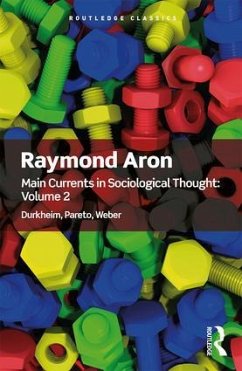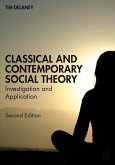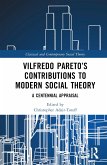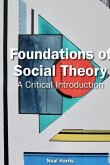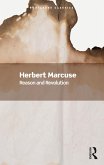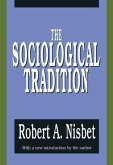This is the second of Raymond Aron's classic two-volume survey of the sociological tradition - arguably the definitive work of its kind. Aron explores the work of three figures who profoundly shaped sociology as it entered the twentieth century: Emile Durkheim, who continued Auguste Comte's quest for a science of society and a scientific validation of morality; Vilfredo Pareto, the Italian "neo-Machiavellian" who emphasized the oligarchic or elitist character of all societies; and the German sociologist Max Weber, who reflected critically on the prospects for human freedom in an age marked by bureaucratization and rationalization. Aron presents rich portraits of these three thinkers, drawing out the enduring insights that remain in their work. This Routledge Classics edition includes an introduction by Daniel J. Mahoney and Brian C. Anderson.
